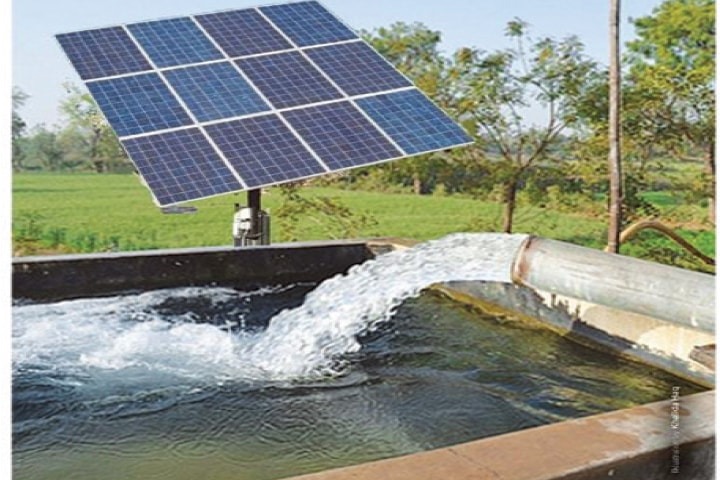ISLAMABAD: About 0.3 million agriculture tube wells in Pakistan will be shifted to solar energy to control the consumption of electricity under the ‘Kisan Package’ of the federal government, WealthPK reports.
In November 2022, Prime Minister Shehbaz Sharif announced ‘Kisan Package’ worth Rs1,800 billion to give loans to farmers and provide fertilisers to them at subsidised rates. Under this package, 300,000 agriculture tube wells across the country will be shifted to solar energy.
In the first phase of the package, 10,000 tube wells across the country will be solarised. Funding for this initiative will be provided by the government. More tube wells will be shifted to solar energy in the second phase of the project.
Funding for the solarisation of tube wells will be provided from the State Bank of Pakistan’s mark-up subsidy and risk-sharing scheme for farm mechanisation. The solarisation of agricultural tube wells will save electricity on a large scale in the country.
Engineer Faiz Bhutta, an expert on solar and renewable energy, told WealthPK that the solarisation of tube wells would revive the agriculture sector, ensure food security and maintain the prosperity of farming communities.
He said that the government needs to prioritise the issue of small-scale growers with less than 12 acres of land, who form 85% of the total agriculture community. The hike in the electricity tariff and rising prices of fertilisers have been the major issue for farmers. Solarisation of tube wells will be of great benefit for small-scale growers to fix tariff issues with long-term initiatives.
Lauding the launch of ‘Kissan Package’ for farmers, Faiz Bhutta said that special incentives to promote the cultivation of oil seeds in the country will also relieve the burden on the national economy as Pakistan is reportedly consuming $4.5 billion of oil seeds annually.
The government has decided to promote the use of solar energy for agriculture as part of its drive for energy conservation in the country. The government has announced the closure of markets at 8:30pm and wedding halls at 10pm to save energy.
Under the energy conservation drive, the government has also announced to ban the manufacturing of incandescent bulbs from February 1, 2023, besides halting the production of inefficient electric appliances, according to WealthPK.





